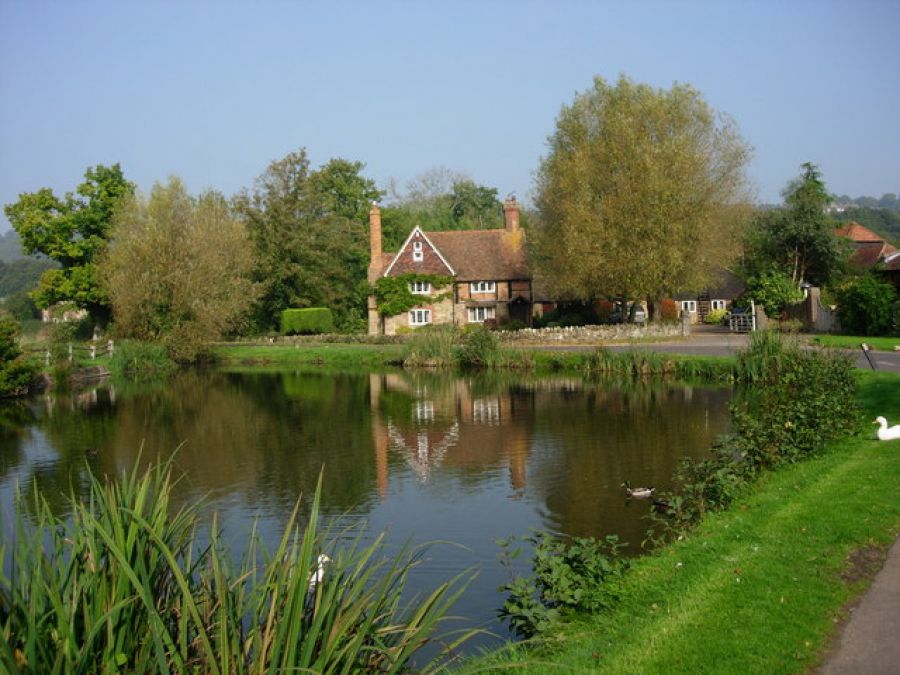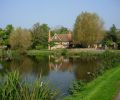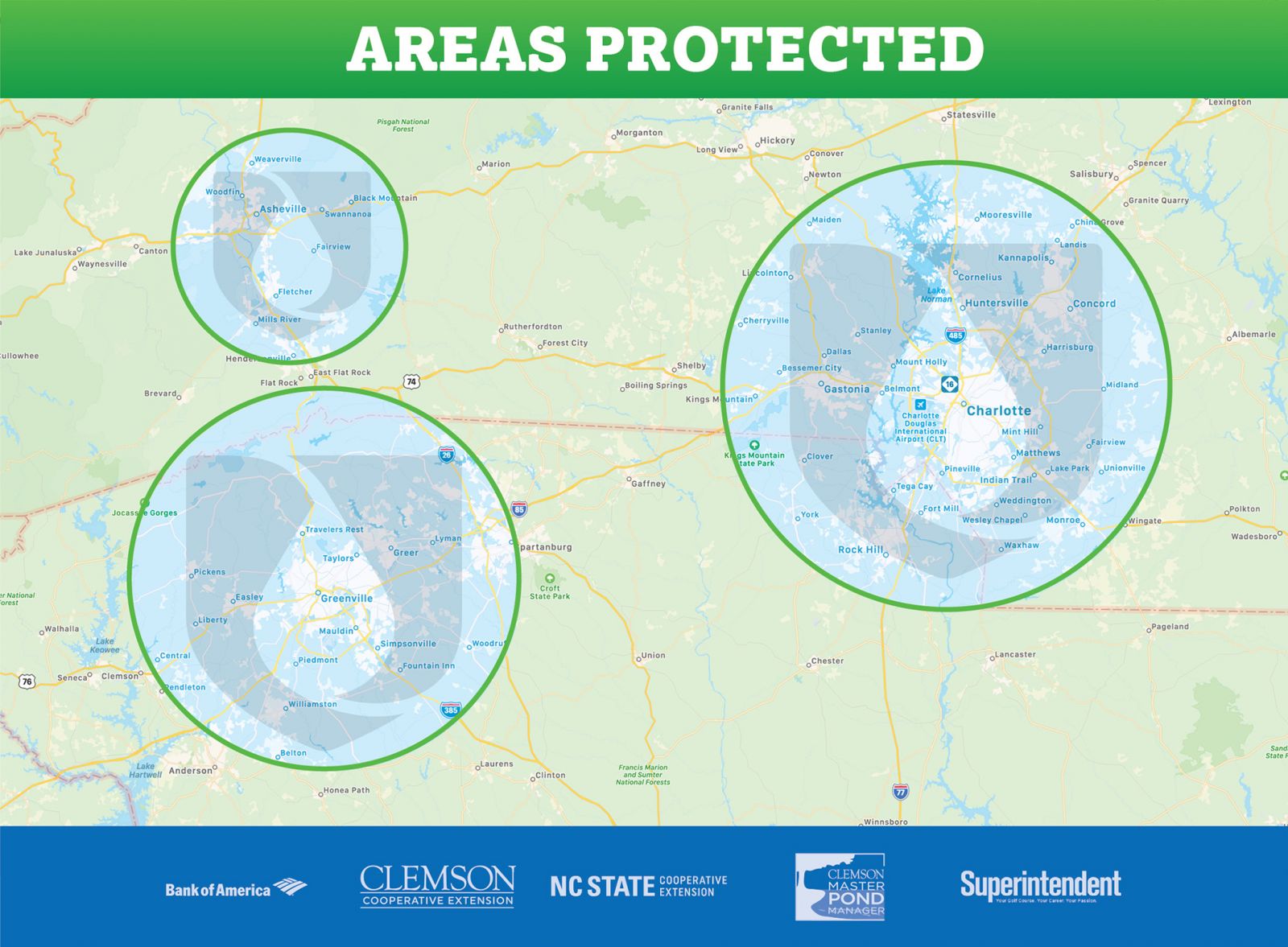
A farm pond can have many different uses. They prevent soil erosion and protect water quality by collecting and storing runoff water, provide water for livestock, fish and wildlife, and recreational opportunities, add value and beauty to a farm or farmstead, and provide a water supply for emergencies (Conservation Technology Information Center).
To ensure all of those uses are safe and fun, farm ponds need to be managed. Three ways they should be managed is through their use of fish, aquatic vegetation, and their controlling of invasive species. Farm Pond Ecosystems
To begin, farm ponds can create excellent fishing opportunities if they are managed correctly. Owners will choose what fish they stock their pond with based on their goals. Different fish are stocked during different seasons. It’s also important to know which fish go well together.
Clemson University tells us that ponds should not be fished for on year following stocking and should be checked every 1 to 2 years to make sure fish populations are in balance. You can contact your local district fisheries biologist with the SCDNR for assistance.
Next, it’s vital to know what vegetation to put in your farm pond and which ones you want to keep out. Having a variety of plants reaps the most benefits. “A diversity of water-tolerant vegetation within the pond and upland plants near the pond will offer a variety of food and cover to wildlife” (NRCS).
Along with that, maintaining these varieties of aquatic plants will help with maintaining temperature and water quality, pond depth, reduction of bank erosion, oxygen levels, and food. Be on the lookout for invasive species.
Invasive species spread quickly and easily and consume the other vegetation. Managing Farm Ponds for Fishing
Finally, “If the pond serves as a water source for livestock, managers need to consider how this affects pond ecology and wildlife habitat. If livestock are granted direct access to a pond, they may be the source of severe water quality degradation, which will negatively impact the entire farm pond ecosystem” (NCRS).
To make it easier, you can look into a watering system specifically for you livestock.
There are a lot of concepts that go into managing a farm pond. They are great for recreation or looks. One thing is for sure, keeping up with them is not easy!
Now serving Greenville SC, Spartanburg SC, Asheville NC, Charlotte NC, Winston-Salem NC, & Greensboro NC areas.
Get started. Become a member today!


